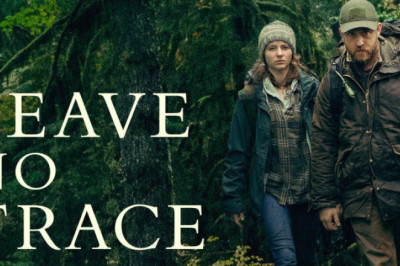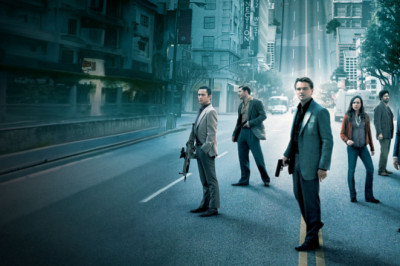Film Music: The Unseen Force Behind Powerful Emotions
views
Film Music: The Invisible Storyteller
Cinema isn't just a visual art form — it’s an emotional experience shaped just as much by what we hear as by what we see. Film music plays a vital role in setting the tone of a scene, intensifying emotion, and guiding the audience’s perception.
A well-chosen melody can reveal a character’s inner turmoil, deepen a moment of silence, or turn an ordinary scene into something unforgettable. Often, we recall the music of a scene before the dialogue. In many ways, music is the unseen architect of emotion in film.
Emotional Manipulation Through Sound: How Music Influences the Mind
Music has a direct effect on the brain, which makes it a powerful tool in shaping how we feel during a film. Studies show that music can influence heart rate, breathing, and even facial expressions. That’s why it’s such an effective instrument for emotional manipulation in cinema.
Think of how tense string sounds build suspense in horror films, or how a soft piano piece can bring calm and intimacy to a romantic scene. Dramatic scores in war films heighten the sense of loss and urgency.
Even before the story unfolds, the music prepares us emotionally. It gives directors a subtle yet powerful tool for shaping the audience’s journey.
Iconic Film Scores: Sound That Sticks
Some movies are impossible to imagine without their music. These soundtracks become inseparable from the story, often taking on a life of their own.
Here are a few unforgettable examples:
-
Titanic – “My Heart Will Go On” (James Horner): A defining love theme of the 90s.
-
The Godfather – Main Theme (Nino Rota): Instantly evokes the elegance and tragedy of mafia life.
-
Inception – “Time” (Hans Zimmer): A layered, emotional soundscape about time and memory.
-
Requiem for a Dream – “Lux Aeterna” (Clint Mansell): A haunting piece that captures despair.
-
Star Wars – Main Theme (John Williams): Perhaps the most recognizable heroic fanfare in film history.
These compositions do more than support the film — they enhance it, live beyond it, and often become cultural icons in their own right.
Score vs. Soundtrack: What’s the Difference?
Film music typically falls into two main categories:
-
Score
These are original instrumental pieces composed specifically for the movie. They align with the script and help shape the emotional flow of the film. -
Soundtrack (OST)
These include existing songs — sometimes pop, rock, or classical — that are integrated into the film to support mood or theme.
For example, Quentin Tarantino is known for his use of soundtrack. Films like Pulp Fiction and Kill Bill use carefully selected tracks to amplify tension, irony, or humor. His music choices are as iconic as his storytelling.
Film Music in Turkey: From Yeşilçam to Contemporary Cinema
In Turkish cinema, music has long been integral to storytelling. During the Yeşilçam era, many films were built entirely around songs or featured them prominently.
Some memorable examples:
-
Hababam Sınıfı – Melodica Theme: One of the most beloved melodies in Turkish film history.
-
Selvi Boylum Al Yazmalım – “Ceylan” (Cahit Berkay): A classic theme evoking love and sacrifice.
-
Winter Sleep – Andantino (Franz Schubert): Nuri Bilge Ceylan’s use of classical music adds emotional depth to his minimalist visuals.
Today, streaming platforms like Spotify and YouTube have brought Turkish film scores to a wider audience, allowing music to live independently of the films themselves.
How Are Film Scores Selected?
Choosing the right music for a film is a detailed process. Directors, composers, and editors collaborate closely to ensure the music aligns with the emotional intent of each scene. Key considerations include:
-
The tempo and tone of the scene
-
The psychological state of the character
-
Narrative themes and motifs
-
Cultural or historical context
-
Lyrics, when using vocal tracks
Some directors even request music before filming begins. Notably, Christopher Nolan asked Hans Zimmer to compose music for Interstellar without revealing the script — giving him only a one-page concept of the emotional arc.
FAQs
1. Why is film music so impactful?
Because it directly affects the emotional centers of the brain, enhancing the intensity and depth of visual storytelling.
2. What’s the difference between a score and a soundtrack?
A score is original instrumental music composed for the film. A soundtrack includes pre-existing songs featured in the movie.
3. How can someone become a film composer?
By studying music, building a portfolio with short films or student projects, and collaborating with filmmakers to gain industry experience.













Yorumlar
0 comment